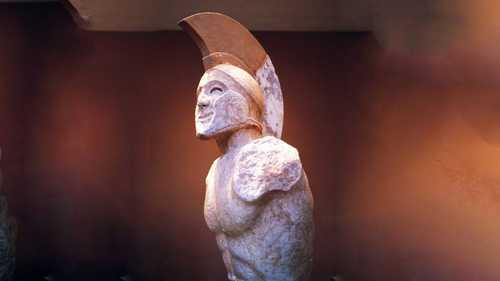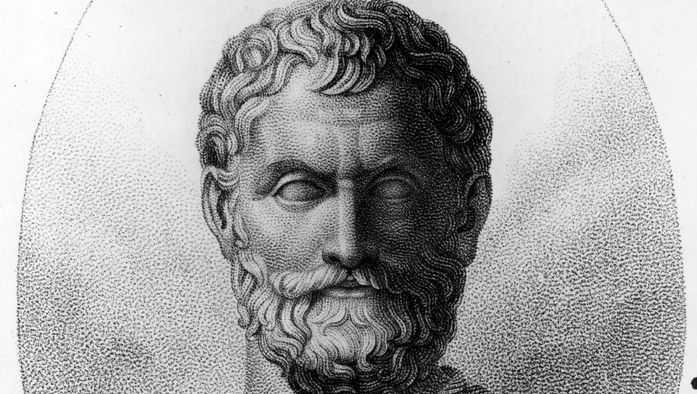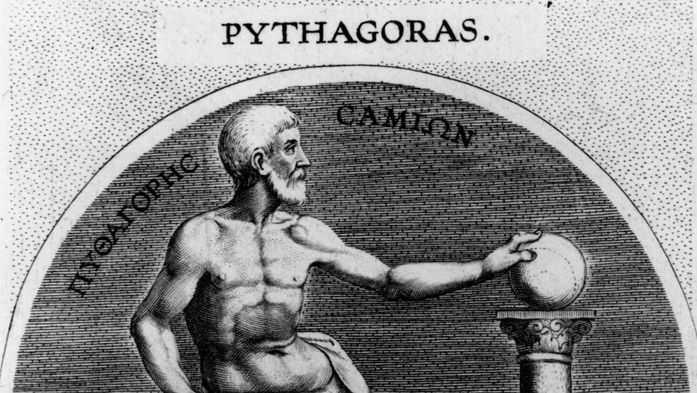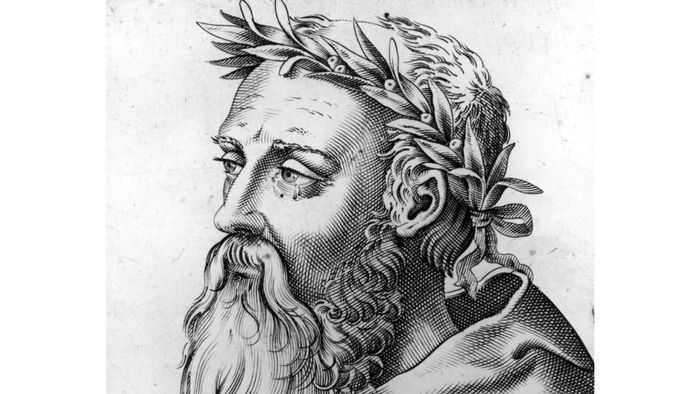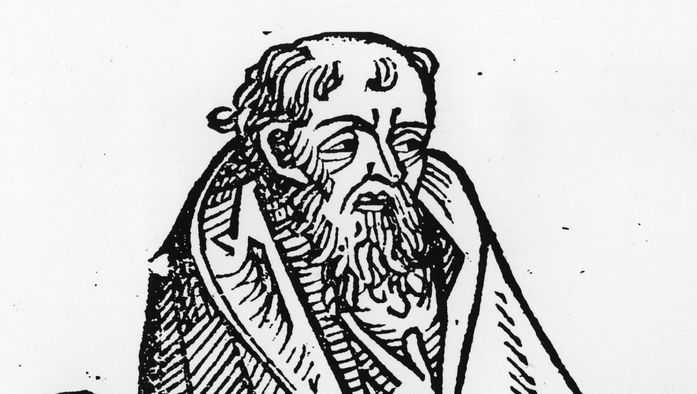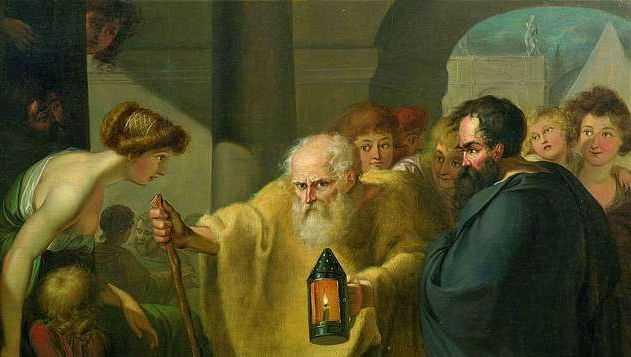7 Greek philosophers beyond Plato, Socrates, and Aristotle
Curated from: bigthink.com
Ideas, facts & insights covering these topics:
7 ideas
·5.17K reads
83
Explore the World's Best Ideas
Join today and uncover 100+ curated journeys from 50+ topics. Unlock access to our mobile app with extensive features.
Thales
- Thales is best remembered for his metaphysics which argued that everything originated from water and that water somehow constituted all other elements. He left no writings.
- Thales devoted time to astronomy and was the first person to predict a solar eclipse accurately.
- He was a noted mathematician and is said to have measured the height of the great pyramid using the length of its shadow.
- He was credited with discovering magnetism in the west and used it as the basis of his theory of Panpsychism.
- While many of his inspirations and sources were mythic, Thales is said to have moved beyond myth and towards naturalistic explanations of the world.
228
1.91K reads
Pythagoras
- Pythagoras was a Greek mathematician, philosopher, and mystic. He is best known for the similarly named theorem.
- He did most of his work in southern Italy and wrote nothing down.
- Pythagoras was a sage who founded a small religion of devoted followers.
- While he probably didn't prove the theorem that bears his name, he is said to have known “the truth of the theorem" and made an enormous sacrifice to the gods in honor of the discovery.
- His mystical approach to numbers also lead him to discover the relationships between harmonic notes in music and attempt to describe the world regarding math; an activity science carries on to this day.
206
645 reads
Heraclitus
A philosopher active around 500 BCE, that wrote a book; this gives us a direct path to his thoughts. He felt that wisdom should be earned, he wrote obscurely, so much so that his book was challenging to read.
He developed a cosmology. His cosmos has no beginning or end and is fundamentally made of fire. This fire can transform to become water, earth, and air. It is always in flux but keeps the elements in proportion. This constant change was the way of everything and was needed to keep the world stable.
205
610 reads
Parmenides
He was one of the most influential pre-Socratic thinkers.
Parmenides argued that change was an illusion based on our faulty image of reality. He explained that nothing could be created or destroyed and everything was really “one being." That is, all substances are part of the same larger whole.
As he thought that it was impossible to conceive of “nothingness" he also argued that empty space was an impossibility. This lead him to declare motion to be impossible, as any movement would require empty space to move into.
206
539 reads
Zeno of Elea
He was a pioneer of the reductio ad absurdum argument. Aristotle credited him with co-inventing the dialectic method of philosophy.
He is best remembered for his paradoxes. His best-known paradox suggests that movement is impossible. He asks us to imagine a runner on a track. He notes that before the runner can run the whole length, they must first run the first half, then a quarter, then an eighth, and so on.
Several potential solutions have been put forth to his paradoxes and debate continues to this day. The potential answers to his paradoxes have influenced discussions about time, space, and how we perceive reality.
204
501 reads
Diogenes of Sinope
Diogenes founded the Cynical school of philosophy, a school dedicated to simple living and virtue. Advocating a simple, disciplined, self-sufficient life, Diogenes lived in a large jar and owned nothing but a cloak and staff. He begged for food and avoided luxuries like the plague.
He is said to have written a few (lost) essays but is better known for using actions to educate. He would walk down the street backward in an attempt to make people question why they walked forwards and begged from statues to show that he was not concerned with rejection.
199
459 reads
Zeno of Citium
The founder of the Stoic school of philosophy, Zeno was heavily influenced by the Cynics.
Initially a wealthy merchant, he became interested in philosophy during a trip to Athens and grew to be a highly regarded teacher.
Stoicism is a philosophy dedicated to helping its students live the good life. The ancient Stoics believed the universe had a rational, perhaps divine, structure to it and held that while the laws of physics dictated what happened externally, we were still free to choose how we would react to it. They argued that a rational man should strive to live virtuously, and devoted a great deal of time to the question of ethics.
208
504 reads
IDEAS CURATED BY
Hamish Joy's ideas are part of this journey:
Learn more about personaldevelopment with this collection
How to adapt to different speaking situations
How to engage with an audience
How to use body language effectively
Related collections
Similar ideas
17 ideas
Heraclitus and Parmenides: What is the Nature of the Universe?
thecollector.com
6 ideas
3 ideas
What You Should Know About the Philosopher Plato
thoughtco.com
Read & Learn
20x Faster
without
deepstash
with
deepstash
with
deepstash
Personalized microlearning
—
100+ Learning Journeys
—
Access to 200,000+ ideas
—
Access to the mobile app
—
Unlimited idea saving
—
—
Unlimited history
—
—
Unlimited listening to ideas
—
—
Downloading & offline access
—
—
Supercharge your mind with one idea per day
Enter your email and spend 1 minute every day to learn something new.
I agree to receive email updates
